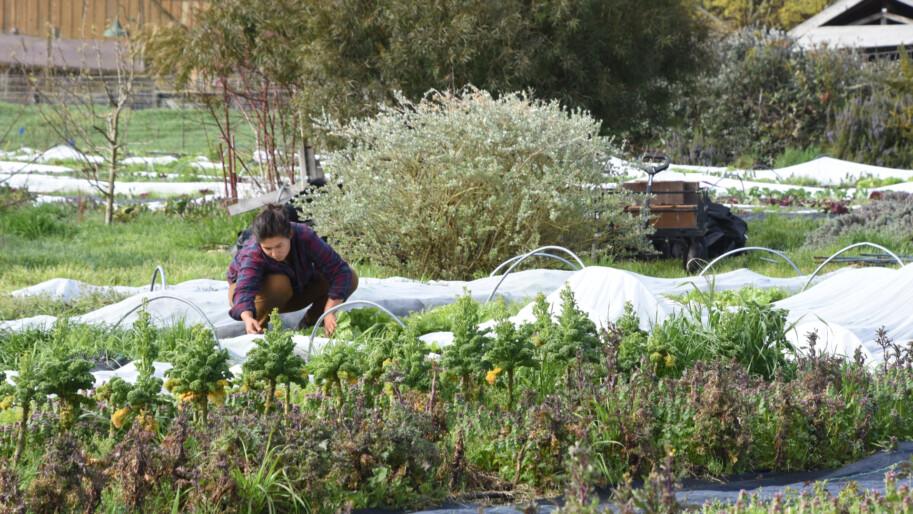American farmers are hurting. Federal officials recently announced plans to close nearly two dozen environmental offices, including four in California that help farmers conserve soil, water, and other natural resources. The administration also fired federal employees whose jobs supported farmers and ranchers, and continues to withhold federal funds that were promised to farmers for clean energy projects.
For decades, farmers and ranchers have partnered with the federal government for conservation, infrastructure and equipment upgrades, research, and more. The current administration also recently purged climate-related resources on the Department of Agriculture website, which many landowners rely on for funding and resources to help them adapt to drought and floods worsened by climate change. While farmers are now suing over the purge of climate information, they need support to save money and implement climate-smart practices.
When farms and vineyards have large amounts of green waste, they must now ship the material to a large composting facility, which can be expensive and polluting. Growers need an alternative to save money and build healthy soils while drawing down carbon from the atmosphere.
That’s where SB 279 (McNerney) comes in. The bill, which is co-sponsored by The Climate Center, would allow growers to compost their agricultural waste onsite, keeping critical nutrients for growing crops on the land and reducing the need to transport waste material. SB 279 would also benefit urban and school farms by allowing them to compost larger amounts of green waste onsite. Employing climate-friendly soil management methods like composting on croplands and rangelands has the potential to draw down up to 100 million metric tons of climate pollution annually in California.
California can help farmers save money, draw down carbon, and increase water and food security — if lawmakers put the right rules in place. SB 279 just made it out of its first committee with bipartisan support and is headed next to the Senate Appropriations Committee. Tell your state senator to support SB 279 today.
This blog first appeared in The Climate Center’s bi-weekly newsletter. To keep up with the latest climate news and ways to take action for a climate-safe future, subscribe today!


